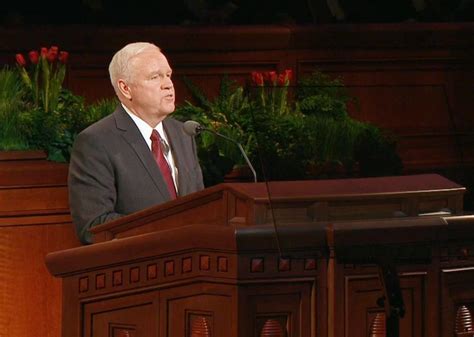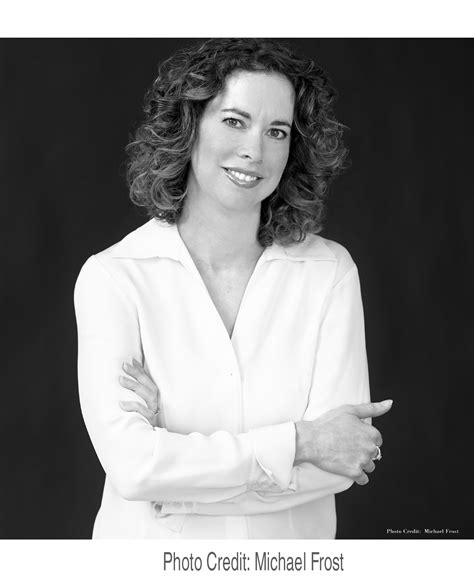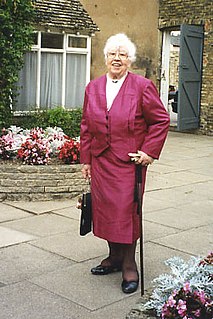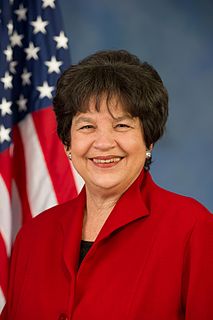A Quote by Juliet Marillier
I had grown up. I had learned that being a woman was knowing when to stand firm and when to compromise. I had learned to laugh and weep; I had learned that I was weak as well as strong. I had learned to love. I was no longer a rigid, upright tree that would not flex and bow, even though the gale threatened to snap it in two; I was the willow that bends and shivers and sways, and yet remains strong.
Related Quotes
In the weeks since I had made the decision to leave my father's house, I had grown up. And I had learned that not every battle can be fought by firing an arrow from a bow. But I would have to face whatever new challenges came my way as bravely as I had faced the Huns. I could not wallow in self-pity, thinking about what might have been. I had to do my duty. It was the only way to stay true to myself.
After we had conducted thousands of experiments on a certain project without solving the problem, one of my associates, after we had conducted the crowning experiment and it had proved a failure, expressed discouragement and disgust over our having failed to find out anything. I cheerily assured him that we had learned something. For we had learned for a certainty that the thing couldnt be done that way, and that we would have to try some other way.
As a child, he had hardened his heart and learned to take their punches. He had learned to spit back and take down anyone who cast a jaundiced eye or who made a comment about either him, his mother, or his sister. He’d told himself that he didn’t need anyone’s love or caring. And so he had learned to live like a feral animal, always ready to strike out when someone tried to touch him.
These early Saints were indeed homeless, but they were not hopeless. Their hearts were broken, but their spirits were strong. They had learned a profound and important lesson. They had learned that hope, with its attendant blessings of peace and joy, does not depend upon circumstance. They had discovered that the true source of hope is faith—faith in the Lord Jesus Christ and in His infinite Atonement, the one sure foundation upon which to build our lives.
There was once a man, Harry, called the steppenwolf. He went on two legs, wore clothes and was a human being, but nevertheless he was in reality a wolf of the steppes. He had learned a good deal of all that people of a good intelligence can, and was a fairly clever fellow. What he had not learned, however, was this: to find contentment in himself and his own life.
I learned to live many years ago. Something really, really bad happened to me, something that changed my life in ways that, if I had my druthers, it would never have been changed at all. What I learned from it is that today seems to be the hardest lesson of all. I learned to love the journey, not the destination. I learned that it is not a dress rehearsal, and that today is the only guarantee you get. I learned to look at all the good in the world and to try to give some of it back because I believed in it completely and utterly.
My father had been a forester and I had grown up on those hills. I had seen forests and streams disappear. I jumped into Chipko movement and started to work with the peasant women. I learned from them about what forests mean for a rural woman in India in terms of firewood and fodder and medicinal plants and rich knowledge.
I learned from the Macarturos. I had never been at a table with a labor organizer and a playwright and a performance artist and an anthropologist and a human rights lawyer. Usually at most gatherings, it's all writers. But suddenly I was at a table with all these different people and I learned from each of them, learned from the work they're doing, learned new ways to solve my problems.
I had learned to respect the intelligence, integrity, creativity and capacity for deep thought and hard work latent somewhere in every child. they had learned that I differed from them only in years and experience, and that as I, an ordinary human being, loved and respected them, I expected payment in kind.





































